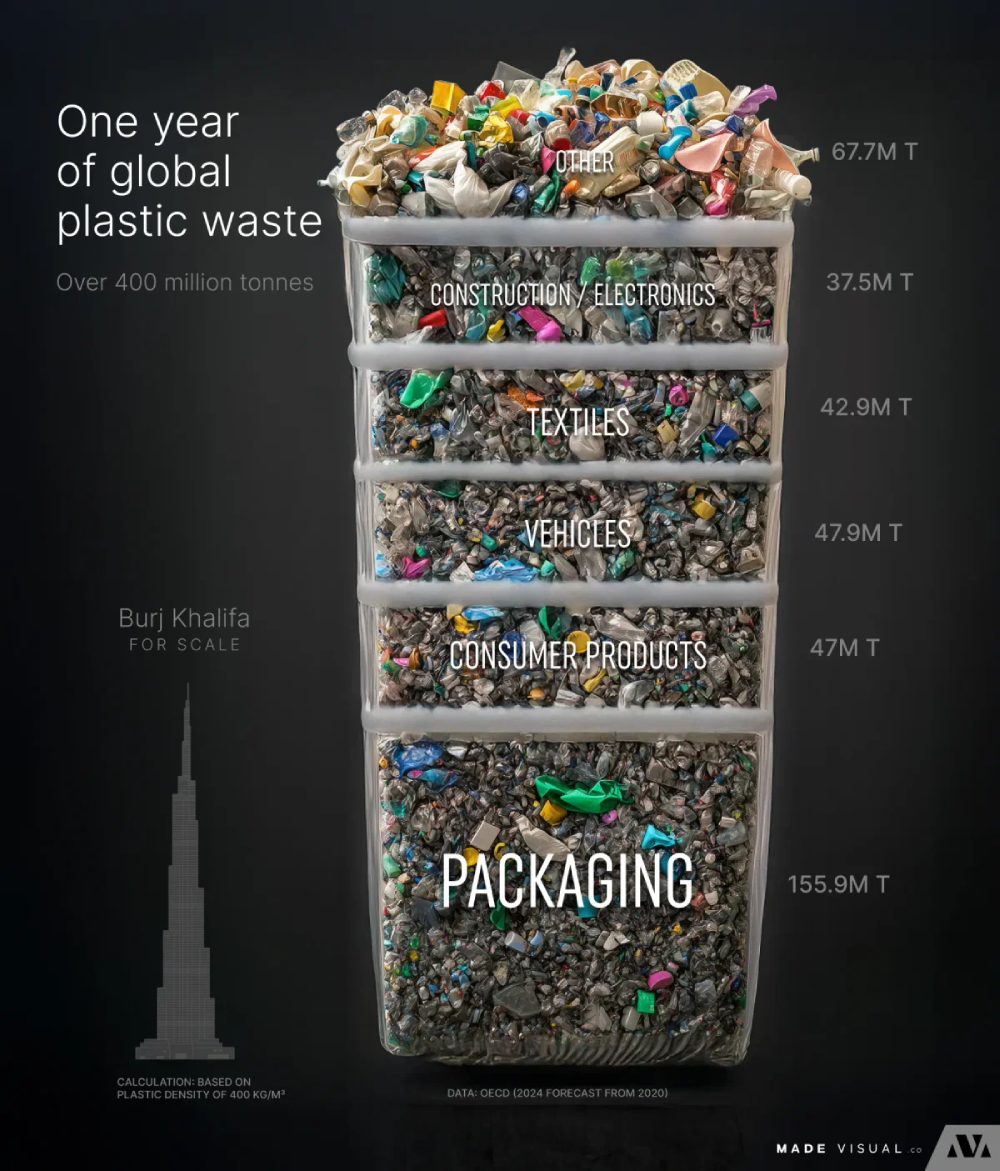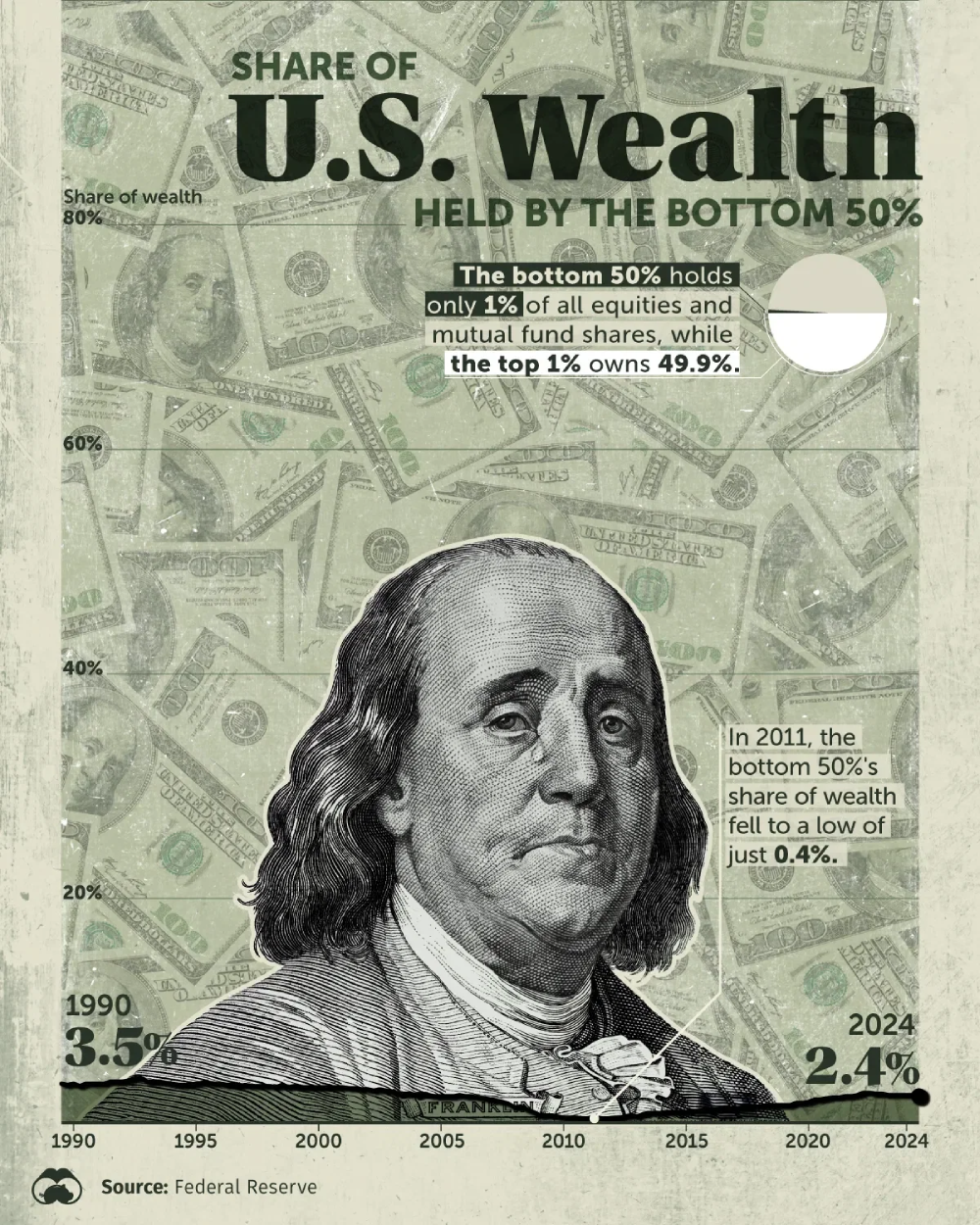The present megatrends, structural long-term transformations, are powerful and disastrous. They concern the environment and inequality dramas, corporate profit maximizing political power, and the ease with which populations can be manipulated. The United Nations runs on a budget roughly equivalent to what Elon Musk paid to buy himself Twitter. Chaos is spreading, and we are just watching, changing. It is not Save Our Souls anymore, it is Save Our Skins.
One of man’s oldest exercises is the search for a superior moral justification for selfishness. It is an exercise which always involves a certain number of internal contradictions and even a few absurdities. The conspicuously wealthy turn up urging the character-building value of privation for the poor.
(John Kenneth Galbraith1)
We are facing a trap, and it is evolving rapidly. On the environment front, beyond the dramatic climate change, with its multiple impacts, as well as the loss of biodiversity, we have the erosion of agricultural soil, water contamination throughout the planet, plastics everywhere, and so many transformations that are eroding the sustainability of the planet. Then we have to hear “drill, baby drill” in 2025, with all its irony, giving a dimension to the governance drama. From the corporations’ point of view, large-scale global dramas do not fit the algorithms. Private interest maximization takes over. Americans at the top are satisfied: “We’re the best, screw the rest.” Well, they will go down with all of us.
Brazilians may wish to protect the Amazon forest, but if a corporation can make millions out of trees it did not have to plant, the narrow private interest will dominate. Large international financial interests make solid money on gold extraction from the region, and the mercury used in the process is killing the rivers: the costs for nature and the local populations are accounted as externalities. The EU has forbidden the use of a series of dangerous chemicals in agriculture in Europe but authorizes these companies to sell them to Brazil and other countries. But everyone says we have to protect the Amazon forest: ESG cosmetics. The impact of the destruction is planetary.
What do they care: what happens to the earth-system are called “exernalities”, not their business: “Over 400 million tonnes of plastic was projected to be wasted in 2024 according to an OECD report from 2020. Further, plastic waste is expected to nearly triple worldwide by 2060, with half of all waste expected to be in landfill while less than one-fifth of it will be recycled.”
On the social front, inequality is deepening globally and within countries, in particular with the present financial drains, much more powerful than surplus value drained through low salaries, a process particularly well described in the Peter Phillips’ study on The Titans of Capital, but also by Thomas Piketty, Gabriel Zucman, Tom Malleson and so many researchers stunned by the rhythm of social and economic polarization. Building walls and fences on the borders of the Global North has become a good business. The US destroyed the peasant agriculture in Central America, took over their land, generated the Banana Republics, and now builds walls. Costa Rica, which escaped from the United Fruit (now Chiquita) corporation and maintained its economic and social structure, is stable. It has no latifundia and no army, and its populations do not migrate. Instead of building walls and flying enchained immigrants out, investing in the development of these countries would be more intelligent.
In fact, within the United States, it is not working much better: the bottom half of the American population has trouble making ends meet, while the better off invest their surplus in financial papers and multiply their riches. The inequality trap is expanding. The poorer 50% have access to the fine dark line at the bottom of this image. They are pissed, and vote for whoever communicates to their frustrations, speaking to their guts, not their minds: no democracy survives deep inequality.
 Source: One year of plastic waste visualized.
Source: One year of plastic waste visualized.
This is a key structural challenge. With financialization, the fortunes at the top are not used to finance the environmental and social challenges; on the contrary, they use their power to accelerate the dramas. In July 2025, in Rio de Janeiro, more than 20 countries of the Global South, members or candidates of the BRICS, met to discuss their common destiny on issues like reducing the dependency on the dollar, south-south collaboration, and poverty reduction measures. They represent 55% of the world population and 42% of world GDP2. The present power of China, not military but economic and technological, can help open space for a new global pact. The fact is that the Bretton Woods system is not working in an age where we desperately need new global rules. We are witnessing a global rearrangement with no clear horizon. We are having reactions, not reorganization. And we desperately need global governance.
From an economic point of view, there is no solution if we do not reorganize the control of the financial system, making financial resources work for the common good, which means funding policies to reverse the environmental catastrophe and the inequality drama. It may seem out of reach, but the expanding crises will probably generate the necessary political support at some point, hoping it is not too deep down the drain. BRICS is a powerful start.
Another structural issue is that knowledge has become the main production factor. We are living in what so many have called the knowledge society, meaning that access to information, science, technology, and the corresponding democratized communications systems are changing the rules of the game. Science and technology, as seen in the writings of Jeremy Rifkin, Lawrence Lessig, or Elinore Ostrom, can be spread throughout the world without additional costs. The digital revolution is awash with idle opportunities3.
There is a huge challenge concerning communications and information networks. The overall instantaneous connectivity throughout the world generates radically new opportunities to be explored. We do not have to wait for in-person meetings to get together and collaborate. Manuel Castells has been a key researcher in this area with his now classic Rise of the Network Society. In the more recent Digital Society (2024), Castells presents the structural change:
At the source of the network society, there are several economic, social, cultural and institutional processes that interacted and ultimately converged in the genesis of this new form of human existence. A global economy, whose sources of productivity are primarily dependent on knowledge, information, and communication. A culture of individuation that emphasizes autonomy of the subjects. Networked social movements are oriented toward a transformation of social values in opposition to hierarchical forms of social organization4.

Source: The U.S.'s Bottom 50% Held Just 2.4% Of The Country's Wealth in 2024
Economic wars generate glorious billionaires, but collaboration is what works for the common good. We do need to take a few steps back, a kind of informed philosophical approach: What the hell are we doing? I recently read Jeffrey Sachs’ book on The Age of Sustainable Development, a powerful overview of our systemic challenges5. Written in 2015, it presents the Sustainable Development Goals and is perfectly updated: structural change is a long-term process.
I actively participated in the Rio de Janeiro 1992 Earth Summit, and looking at the climate change numbers after over three decades shows how accurate the forecasts were. We do know what is happening. How can we bear to see a president of the United States visit the burning Los Angeles, commenting it was the fault of the Californians having voted for a democrat? This is the real issue: governance. With the resources and the technologies we presently have, and the scientific data on every key challenge, we can face the dramas. The key issue is our institutional impotence, better expressed as systemic stupidity.
How can we still repeat such a silly idea that the invisible hand will solve our problems? This is not 1776; Adam Smith’s times are over, and the current issues are so challenging that the only way to save our skins is to join hands and face each key challenge in an organized, collaborative way. Mariana Mazzucato spells it out in her Mission Economy6. In fact, going back to Castells’ classic on The Rise of the Network Society, global connectivity allows for a radical reorganization of politics, with decentralized initiatives based on horizontal collaboration, rather than the global centralized vertical corporate power pyramid that is pushing us down the drain. I see this as the main line of opportunities.
There are no miracles in sight, and these few notes on possible openings are based more on hope than on the trends I am seeing, which point to a dangerous future. I am 84 now, and I remember my conversations with my father forty years ago, basically with a similar age as I am now. I asked him what his feeling were, as a Polish engineer living in Warsaw, at the time of Hitler’s harangues. He commented with a shrug that they read the declarations in the papers and never believed such absurdities could lead to anything. Well, they did lead. At the time of our chat, he was living in the Amazon, far from everything, and suggested that I find some land around his place; it would be safer. At the time, I smiled. I would not smile anymore. A good father, he was.
Notes
1 Quoted by Robert B. Reich – The System: who rigged it, how we fix it – Alfred Knopf, New York, 2020, p. 174.
2 For a quick overview of the Brics recent evolution, see Ben Norton - BRICS expands to 55% of world population by adding Nigeria, Africa's most populous country.
3 L. Dowbor – Digital Revolution: new social challenges – Ethics International Press, UK, 2024.
4 Manuel Castells - Digital Society - Elgar, 2024.
5 Jeffrey D. Sachs – The Age of Sustainable Development - Columbia University Press, 2015.
6 Mariana Mazzucato – Mission Economy – Harper Business, 2023.















